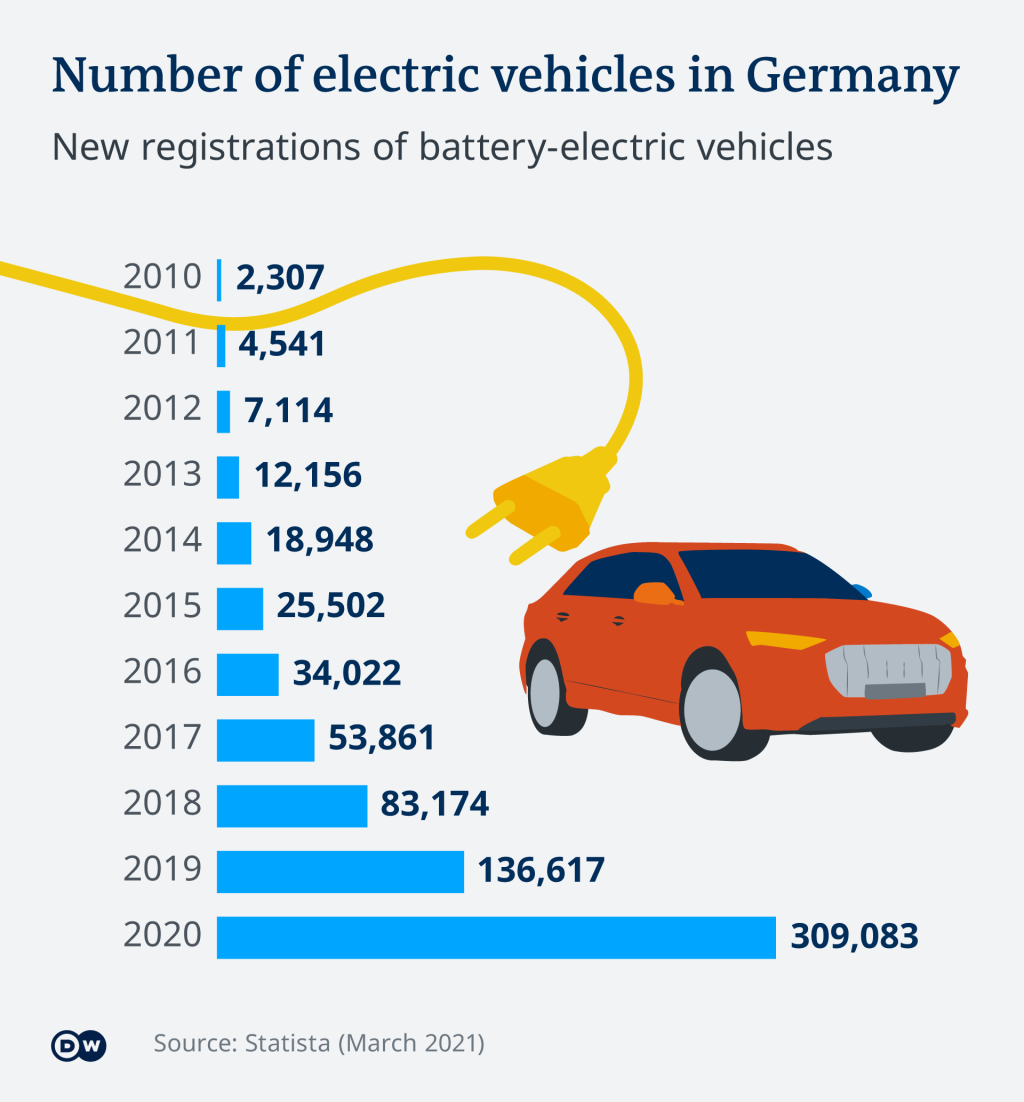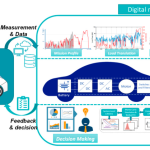Revolutionizing The Future: Harnessing The Power Of Electric Cars Environmental Technology
Electric Cars Environmental Technology: A Game-Changer for a Greener Future
As an avid reviewer and blogger, I have had the opportunity to explore and analyze various products, services, and places. Recently, I delved into the world of electric cars environmental technology, and I must say, it has been a fascinating journey. Electric cars have emerged as a game-changer in the automotive industry, offering a greener and more sustainable mode of transportation. In this article, I will share my unique insights and experiences on this revolutionary technology.
What is Electric Cars Environmental Technology?
Electric cars, also known as electric vehicles (EVs), are automobiles powered by electric motors. Unlike conventional vehicles that rely on internal combustion engines, electric cars use rechargeable batteries or other energy storage devices to propel themselves. This environmentally-friendly technology has gained popularity due to its ability to significantly reduce greenhouse gas emissions and reliance on fossil fuels.
2 Picture Gallery: Revolutionizing The Future: Harnessing The Power Of Electric Cars Environmental Technology


Who Can Benefit from Electric Cars Environmental Technology?
Electric cars are not limited to a specific audience; instead, they cater to a wide range of individuals. Environmentally-conscious consumers who strive to minimize their carbon footprint are naturally drawn to electric cars. Additionally, those seeking to reduce their fuel expenses and enjoy the perks of government incentives and tax credits find electric cars highly appealing. Moreover, businesses and fleet owners are exploring electric vehicles as a viable option to reduce emissions and operational costs.
When and Where Did Electric Cars Environmental Technology Emerge?

Image Source: newsweek.com
The concept of electric vehicles dates back to the early 19th century, with several inventors experimenting with electric-powered carriages. However, it was not until recent years that electric cars gained significant traction in the market. With advancements in battery technology and the growing concern for environmental sustainability, electric cars have become a feasible alternative to traditional vehicles. They are now readily available in various countries across the globe, with an increasing number of charging stations and infrastructure supporting their adoption.
Why Should We Embrace Electric Cars Environmental Technology?
The environmental benefits of electric cars are undeniable. By utilizing electricity as their primary fuel source, these vehicles produce zero tailpipe emissions, reducing air pollution and improving overall air quality. They also help combat climate change by reducing greenhouse gas emissions, as the electricity used to charge them can be generated from renewable energy sources. Additionally, electric cars offer energy efficiency, regenerative braking systems, and quieter rides, enhancing the overall driving experience.
How Does Electric Cars Environmental Technology Work?
Electric cars employ advanced technology to convert electrical energy into mechanical energy. The heart of an electric car is its battery pack, which stores and supplies electricity to power the motor. This energy is then transmitted to the wheels, propelling the vehicle forward. The batteries can be charged by plugging the car into a charging station or utilizing regenerative braking, which converts kinetic energy produced during braking into electrical energy.
Frequently Asked Questions (FAQ) about Electric Cars Environmental Technology
1. How far can electric cars travel on a single charge?

Image Source: static.dw.com
The range of electric cars varies depending on the model and battery capacity. Modern electric cars can typically travel between 100 to 300 miles on a single charge, with some high-end models offering even greater ranges.
2. How long does it take to charge an electric car?
The charging time for electric cars depends on the charging method and the vehicle’s battery size. Level 1 charging, which utilizes a standard household outlet, may take 8 to 20 hours for a full charge. Level 2 charging stations, commonly found at homes and public places, can charge an electric car in 4 to 8 hours. Rapid DC charging stations can provide an 80% charge in as little as 30 minutes.
3. Are electric cars more expensive than traditional cars?
While electric cars often have a higher upfront cost compared to traditional cars, they offer long-term savings in terms of fuel expenses and maintenance. Additionally, government incentives and tax credits are available in many countries to encourage the adoption of electric vehicles.
4. Can electric cars be charged at home?
Yes, electric cars can be charged at home using a Level 1 or Level 2 charging station. Level 1 charging requires a standard household outlet, while Level 2 charging stations require a dedicated charging unit installed by an electrician.
The Pros and Cons of Electric Cars Environmental Technology
Like any technology, electric cars have their advantages and disadvantages. Let’s take a closer look:
Pros:
Environmental Friendliness: Electric cars significantly reduce greenhouse gas emissions and air pollution.
Energy Efficiency: Electric motors are more efficient than internal combustion engines, utilizing energy more effectively.
Lower Operational Costs: Electric cars have lower fuel expenses and require less maintenance due to fewer moving parts.
Government Incentives: Many governments provide tax credits, rebates, and other incentives to promote the adoption of electric vehicles.
Cons:
Range Anxiety: The limited range of electric cars may cause concerns about long-distance travel.
Charging Infrastructure: The availability of charging stations, especially in remote areas, can be a challenge.
Longer Charging Times: Compared to refueling with gasoline or diesel, charging an electric car takes longer.
Upfront Cost: Electric cars can have a higher initial purchase price compared to conventional vehicles.
Conclusion: A Greener Future with Electric Cars Environmental Technology
After immersing myself in the world of electric cars environmental technology, I am convinced that it holds immense potential for a greener future. The benefits in terms of reduced emissions, improved air quality, and energy efficiency make electric cars a compelling choice. As charging infrastructure expands and battery technology continues to evolve, the drawbacks will become less significant over time. I highly recommend embracing electric cars and contributing to a sustainable and environmentally-conscious transportation system.
Experience the thrill of electric cars, rate the technology, and join the movement toward a cleaner and brighter future!
This post topic: Electric Car Technology

